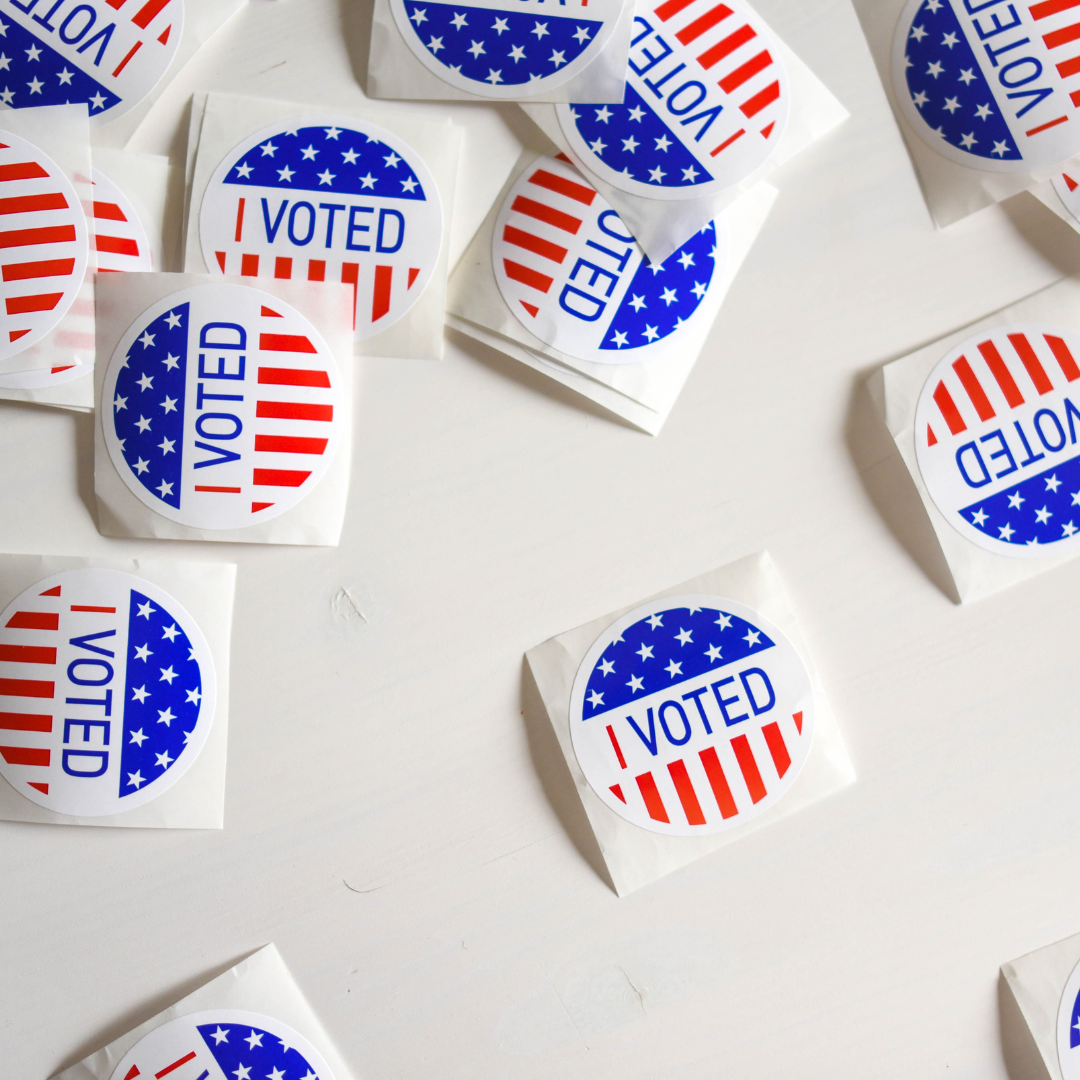
Declan O’Donoghue ’26 (DCI Fellow)
When I contemplate the question Why DCI? I like to consider the personal motivations for my interest in politics. When I was younger, I was always upset that I could not vote. My high school civics teacher, who inspired me to study political science at Davidson, gave our class the opportunity to write a proposal for an amendment of any element of the US Constitution. I quickly chose to focus on the 26th amendment and the larger concept of voting age. I was frustrated with all of the adults who cared so little about what was on the ballot. Many of which had the opportunity to vote and still failed to practice their constitutional right.
Now, only after a few years of waiting, I have the opportunity to vote and directly participate in our political institutions. While I am grateful to have this privilege, I cannot imagine how it feels for people who are denied their right to vote due to social, financial, or legal barriers.
Throughout all political systems, even the most equitable democracies, we see some level of systemic inequality. In the United States and elsewhere, large subsets of the population have a limited ability to directly participate in politics. People under 18, felons, and non-citizens have all been politically restricted. Historically, pluralities of democratic nations have lacked the vote, like the United states before women won the right through the 19th amendment to the US Constitution.
There are several ways to respond to political wrongdoings but many of them are inaccessible to the people that need them most. Protests and strikes can be dangerous, illegal, financially burdensome, and sometimes unsustainable. Sometimes topics might not be consequential enough to be valuable to a protestor or the protested group. Other forms of participation like debates can be increasingly zero-sum in our current political landscape. Most Americans would find it hard to walk away with a new perspective or a sense of growth after a thanksgiving dinner argument, let alone a presidential debate.
Deliberation can be used to approach problems of political equity from a new direction when traditional methods have been worn out. Consider classical Athens, for example; although such a small subset in the population (free-born male citizens) had almost all the political power and by modern standards would hardly be called a democracy, the city-state has continued to be used as a political ideal today. I believe Athenian democracy was regarded so highly, not because a subset of people had the power to vote, but because they deliberated about their political ideologies and actions so extensively.
The Athenian free-born male citizens did not lock themselves in an upper and lower chamber and emerge with a new decision void of any public input. They met in the Agora and publicly deliberated about the topics they chose were most important. Although limited in their ability to participate in official political discussions, the non-voting groups could still bring their input forward due to the inherent openness of deliberation. Scholarly analysis has found that non-voting groups found places to deliberate, or at least have political discussions, in courts, assemblies, councils, local assemblies, and even in the street.[1]
Beyond large government, other systems can be even more difficult or abstracted to directly participate in. Take a school board, for example; for a school district with thousands of students, a small group of people, who can be shockingly disconnected from the student body to begin with, can make drastic and unpopular decisions with little consequence (consider this article for context: Locally Elected School Boards Are Failing.)
School boards across the country have been plagued with toxic and ill prepared forms of deliberation that might be causing more harm than good. While school boards are just once means of political participation available to local communities, they provide a unique environment where deliberation with elected officials is more accessible than at the national level. Research on methods to improve the efficacy and equity of school board outcomes suggests that “expanding community advocacy” through greater opportunities for formal participation outside of elections, like deliberations, is essential.[2]
Like Athens, our modern democratic systems are far from perfect. While I joined DCI without understanding very much about what deliberation actually means, I can remember the frustration I felt when I lacked a formal political voice. From ancient Athens all the way to our local school boards, it is clear that political leadership could benefit from deliberation, even in its most casual form. If deliberation is not only useful to the deliberators’ understanding of important issues, but also in giving a political and social platform to those who have been restricted in their rights, then it should be vigorously pursued.
[1] Cammack, Daniela. “Deliberation and Discussion in Classical Athens.” Journal of Political Philosophy, vol. 29, Apr. 2020, https://doi.org/10.1111/jopp.12215. Accessed 12 Dec. 2020.
[2] Sampson, Carrie. “In School Boards We Trust? The Potential for Educational Equity in Public Education | Equity Alliance.” Equityalliance.stanford.edu, 8 May 2020, equityalliance.stanford.edu/content/school-boards-we-trust-potential-educational-equity-public-education.
